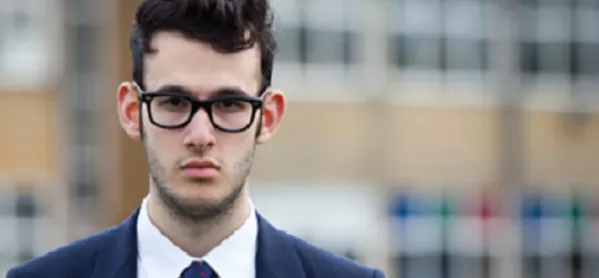One of the most troubling aspects of the Trump presidency is that his legacy will be embalmed in history for all time. The current president of the United States will join his 44 predecessors in the Wikipedia list of past presidents, have a portrait painted and enter the history textbooks of the class of 2030.
Teachers around the world will, therefore, have to teach his legacy as they do with other leaders who they may have found to be divisive or unconscionable.
How these lessons will be taught is a fascinating game to play. They might focus on how policy decisions were made or on how he used social media to distort messaging. Or they could be about how populist authoritarianism, believed to have disappeared, made a comeback in the 21st-century US.
But you really don’t have to wait that long: in thousands of classrooms around the world, teachers are being asked about Donald Trump right now.
How schools teach about divisive figures and events in society is a subject of much discourse. Teachers will have opinions on such subjects, but most would argue that it’s their duty to keep those cards close to their chest and be objective. But when the policies that are implemented directly affect the teachers in a negative way, or are incredibly opposed to their values, they should speak out.
The time for objectivity and silence is over. As far as I’m concerned, teachers have three roles here. First, to inform young people what’s happening in the world. Second, to tell young people how they feel and third, to open the floor for discussion. Teachers have a duty to offer thought and a way of thinking about issues. Young people will hear opinions from others in blogs, social media and through friends; it’s the role of the educator to offer a rational, reasoned, informed opinion, and teach young people how to debate these issues properly.
American politician, sociologist and diplomat Daniel Patrick Moynihan famously said: “Everyone is entitled to his own opinion, but not his own facts.” It’s teachers’ jobs to pick up when facts are being abused.
When I was training as a teacher, especially at the beginning, I would answer a question from a student in a half-sure tone, just so I didn’t look wrong. I now know that was a mistake: we need to be clear about those things that are black and white - and that includes certain elements of modern politics.
Schools should be using the time before lessons and in extra-curricular activities to teach young people about policies that are harming people globally, engage them in programs such as DebateMate to strengthen their ability to discuss such issues, or Brilliant Club to become better researchers, and for them to stand up for their beliefs.
Young people will no doubt have even more questions about the world that is evolving and changing around them and it is up to teachers to help them navigate, challenge and be the change they wish to see in the world.
Oliver Beach is a former inner-city teacher and Teach First ambassador. He tweets @olivermbeach
Want to keep up with the latest education news and opinion? Follow Tes on Twitter and like Tes on Facebook




